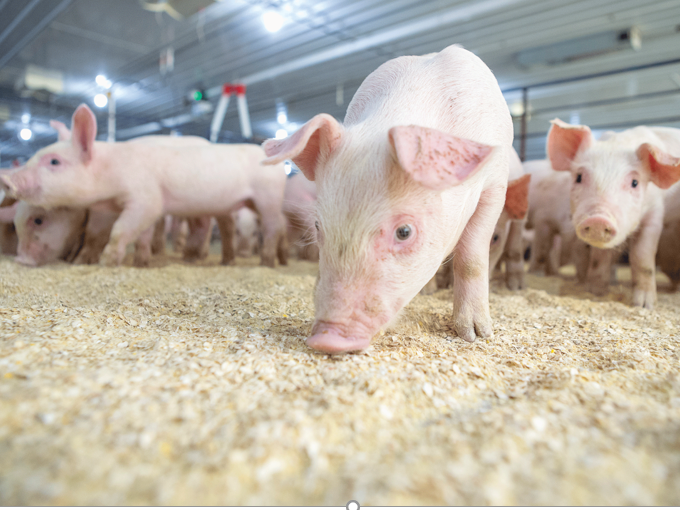Early studies have shown that betaine has a certain anti-fat effect. Adding betaine to the diet will reduce the body fat of growing chickens and increase the protein content. Betaine can provide methyl group to methylaminoethanol to produce choline. Choline plays an important role in ester metabolism, thereby promoting fatty acid oxidation and phospholipid production, and increasing the operation speed of esters. Betaine promotes the metabolism of phospholipids in the body. Synthesis, on the one hand, reduces the activity of lipase in the liver, on the other hand, it promotes the synthesis of apolipoprotein in the liver. Among them, very low-density lipoprotein is the main carrier protein used to carry endogenous triglycerides and promote The migration of fat in the liver reduces the content of triglycerides in the liver.
Stabilizing effect on vitamins in pig feed
Vitamins have poor stability and are susceptible to the effects of light, heat, and humidity, and will gradually be lost over time. Especially in the process of feed processing, storage and transportation, most vitamins are more or less reduced in potency. In addition, choline chloride is often the main reason for the destruction of vitamins due to its high water absorption and strong acidity. Betaine has strong moisturizing properties, can enhance the stability of vitamins, prevent the oxidation of fat-soluble vitamins A, D, E, and K, and protect their potency. Studies have shown that betaine and choline chloride were tested for vitamin stability in chicken premix. It was found that betaine can improve the stability of vitamin A, K3, B1, and B6 during storage at 20-25°C. It was found that the higher the temperature, the stronger the effect of betaine. It is a more economical and practical method to successfully replace choline in the diet with betaine.

